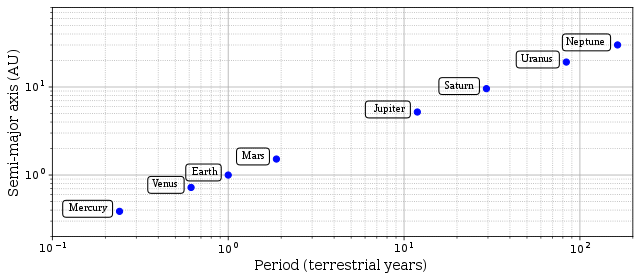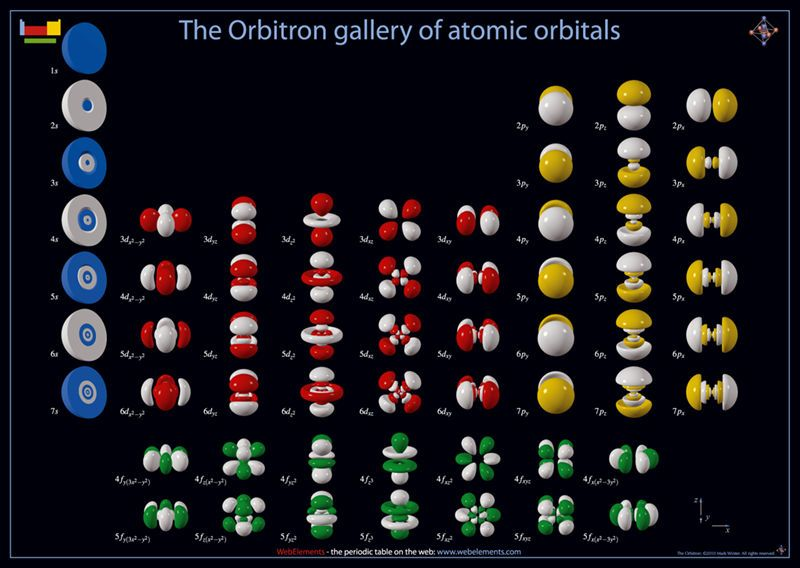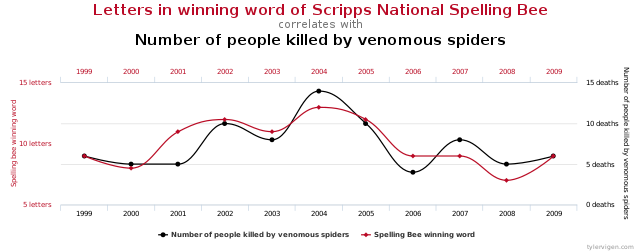A common view is that hypothesis must precede data analysis for scientific progress.
I disagree, and history has good counterexamples, for instance Kepler& #39;s laws of planetary motion https://abs.twimg.com/emoji/v2/... draggable="false" alt="🪐" title="Planet mit Ringen" aria-label="Emoji: Planet mit Ringen"> and Mendeleev periodic table of elements
https://abs.twimg.com/emoji/v2/... draggable="false" alt="🪐" title="Planet mit Ringen" aria-label="Emoji: Planet mit Ringen"> and Mendeleev periodic table of elements  https://abs.twimg.com/emoji/v2/... draggable="false" alt="🧪" title="Test tube" aria-label="Emoji: Test tube">.
https://abs.twimg.com/emoji/v2/... draggable="false" alt="🧪" title="Test tube" aria-label="Emoji: Test tube">.
A small thread 1/6 https://twitter.com/NicoleBarbaro/status/1316792695713480704">https://twitter.com/NicoleBar...
I disagree, and history has good counterexamples, for instance Kepler& #39;s laws of planetary motion
A small thread 1/6 https://twitter.com/NicoleBarbaro/status/1316792695713480704">https://twitter.com/NicoleBar...
Kepler noted that "the ratio between the period times of any 2 planets is precisely the ratio of the 3/2th power of the mean distance"
#39;s_laws_of_planetary_motion #Third_law">https://en.wikipedia.org/wiki/Kepler& #39;s_laws_of_planetary_motion #Third_law
His">https://en.wikipedia.org/wiki/Kepl... observations improved the model of Copernicus and were later explained by Newton& #39;s laws
http://ircamera.as.arizona.edu/Astr2016/lectures/kepler.htm
2/6">https://ircamera.as.arizona.edu/Astr2016/...
#39;s_laws_of_planetary_motion #Third_law">https://en.wikipedia.org/wiki/Kepler& #39;s_laws_of_planetary_motion #Third_law
His">https://en.wikipedia.org/wiki/Kepl... observations improved the model of Copernicus and were later explained by Newton& #39;s laws
http://ircamera.as.arizona.edu/Astr2016/lectures/kepler.htm
2/6">https://ircamera.as.arizona.edu/Astr2016/...
Mendeleev noted that "properties of the elements, and thus properties of light and heavy bodies formed by them, are in a periodic dependence on their atomic weight."
https://en.wikipedia.org/wiki/History_of_the_periodic_table
Earlier">https://en.wikipedia.org/wiki/Hist... observations on elements ordering by Newland were ridiculed by chemists.
3/6
https://en.wikipedia.org/wiki/History_of_the_periodic_table
Earlier">https://en.wikipedia.org/wiki/Hist... observations on elements ordering by Newland were ridiculed by chemists.
3/6
The periodic table is a manifestation of atomic-orbital properties, explained by quantum physics, and inner-nuclei structure which are explained by the standard model of particle physics, a pilar of modern laws of the universe.
4/6
4/6
History shows that finding unexplained patterns in data is core to scientific progress, and this cannot always fit in hypothesis-driven research.
Hypothesis-driven research is anchored in a scientific paradigm (a world view) and cannot bring paradigmatic revolutions.
5/6
Hypothesis-driven research is anchored in a scientific paradigm (a world view) and cannot bring paradigmatic revolutions.
5/6
Without hypothesis, the danger is data dredging, or "fishing expeditions" that undermine statistical control
https://en.wikipedia.org/wiki/Data_dredging
The">https://en.wikipedia.org/wiki/Data... solution in data-driven research is to derive clear predictions that can be confirmed or refuted on new data.
6/6
https://en.wikipedia.org/wiki/Data_dredging
The">https://en.wikipedia.org/wiki/Data... solution in data-driven research is to derive clear predictions that can be confirmed or refuted on new data.
6/6

 Read on Twitter
Read on Twitter






